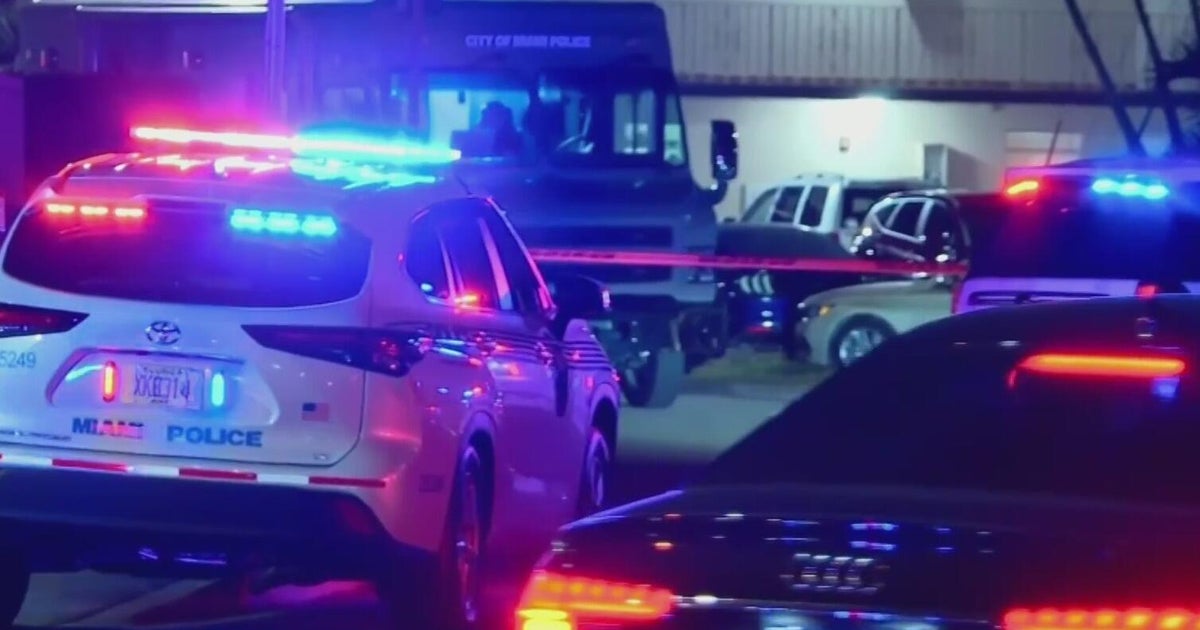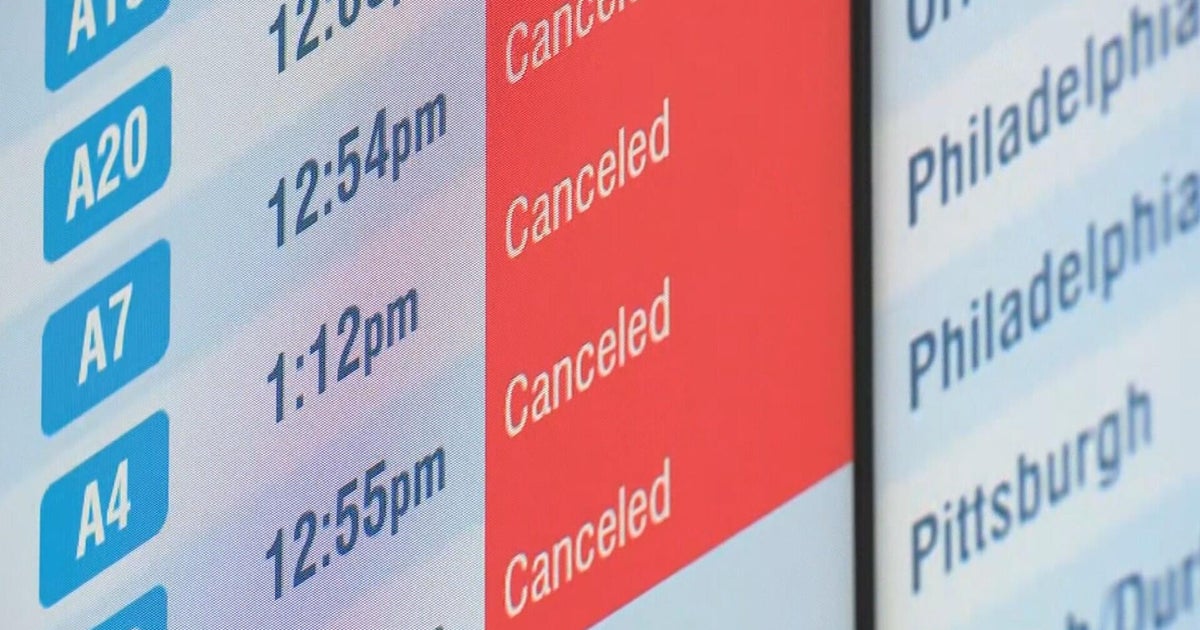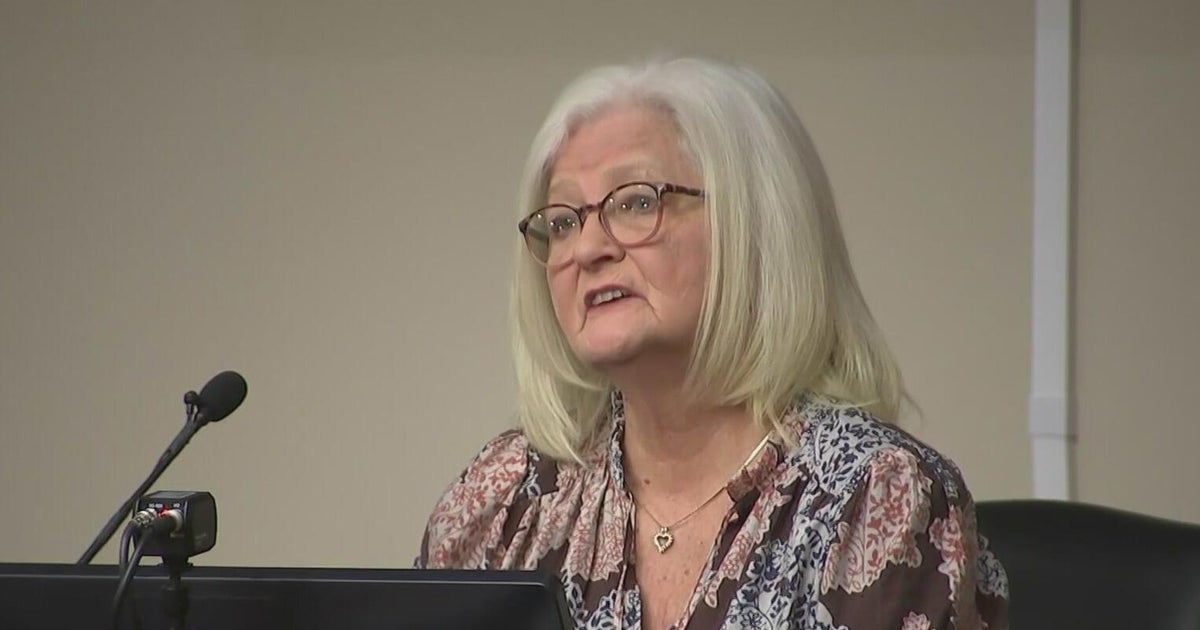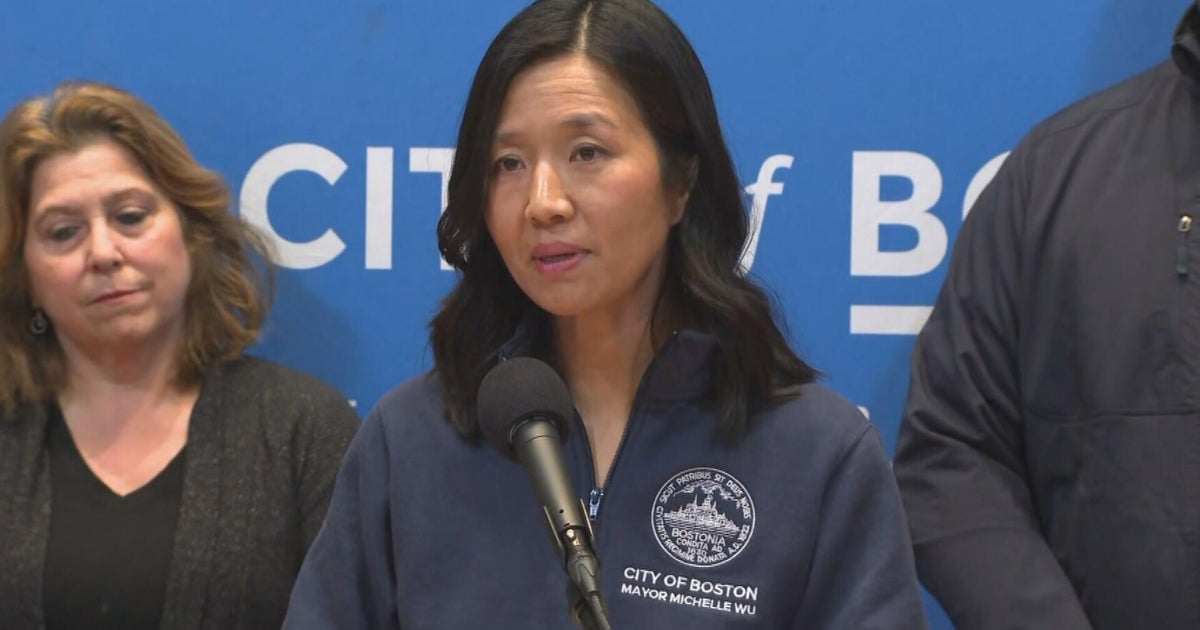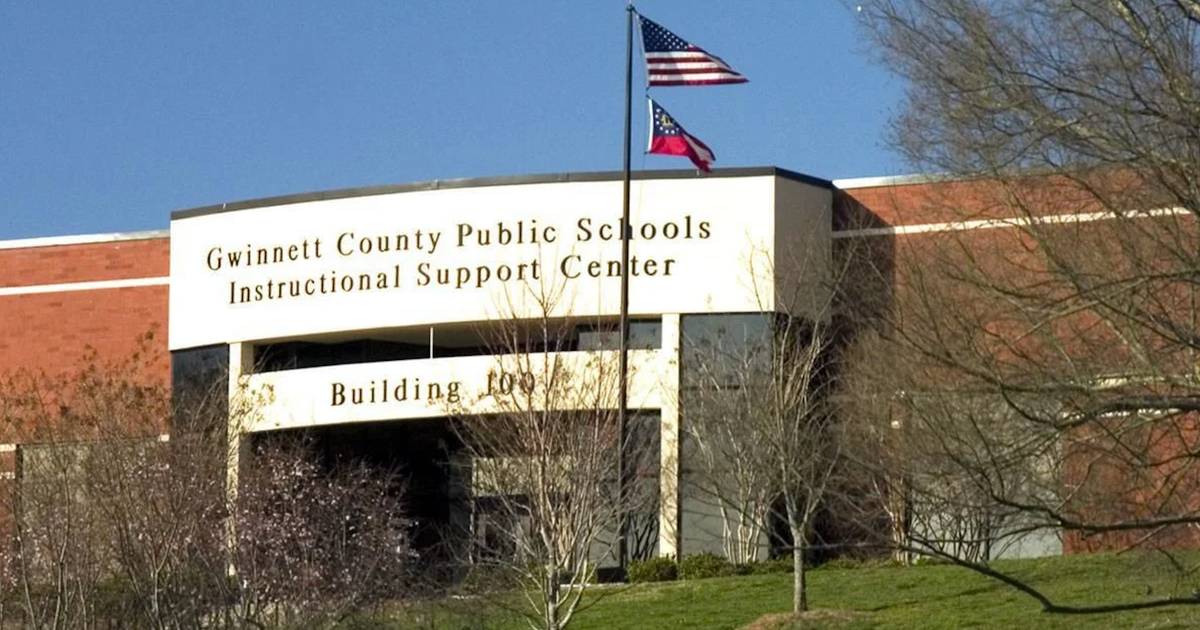Lawmakers question MBTA leaders during oversight hearing at State House
BOSTON -- An oversight hearing on the safety of the MBTA is underway at the State House. Lawmakers asked why the agency has so many safety issues two and a half years after a scathing review.
Derailments, collisions, and other safety concerns have plagued the transit system for months. Thirty-nine-year-old Robinson Lalin died in April when his arm got stuck in the door of a Red Line train and he was dragged 100 feet.
Lalin's death prompted investigators from the Federal Transit Administration to visit in June and conduct on-site inspections of the MBTA. They have identified four key safety issues: staffing shortages at the operations control center, safety protections in train yards that need improvement, delayed track maintenance, and recertifying MBTA workers.
Those changes, the MBTA said, will cost $300 million.
On Friday, the agency said it was meeting all of the deadlines laid out by the FTA.
At Monday's hearing, lawmakers probed about the MBTA's culture, do employees feel comfortable reporting safety issues, and how T leadership does when it comes to communication.
The MBTA responded by saying there is an anonymous report line available to workers and Poftak speaks directly to employees via Youtube.
"Safety is our number one priority at the MBTA and we fully support all opportunities, including this forum to review our practices and make changes to become a safer organization," MBTA General Manager Steve Poftak said.
To address staffing issues, the Orange, Red, and Blue lines have been running on a Saturday schedule during the week.
Committee Chair Rep. William Straus even questioned whether the T should exist.
"I would invite people to start asking the difficult question which is, why do we even have the T? Why don't we have an overall transit system?" Straus said.
Straus expanded on his comments after the meeting with reporters.
"MassDOT as the overall parent organization I think is poised to maybe take over and maybe it's a transition, some of the tasks that seem to have been more difficult than others for the MBTA," Straus said.
